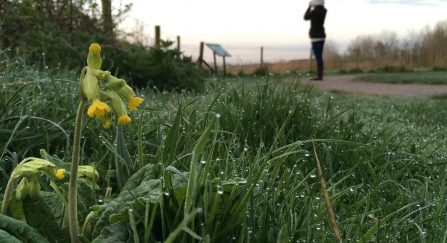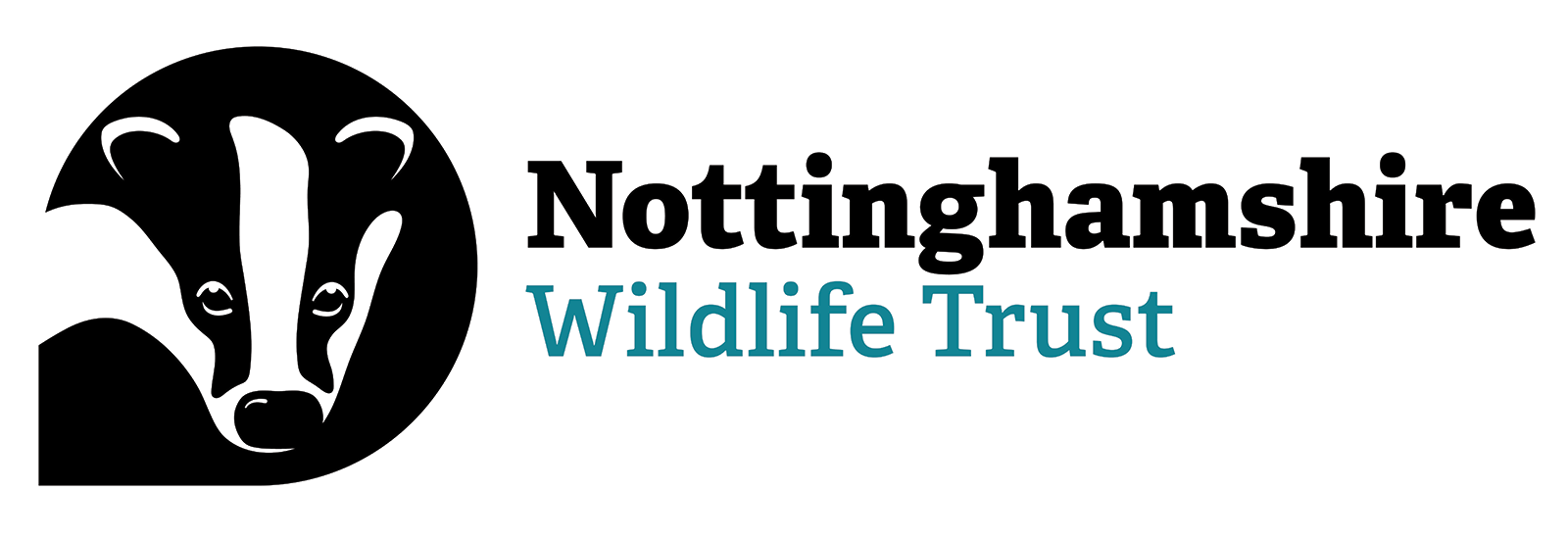
Tom Hibbert
Reacting to the publication of the latest consultation document, HS2 Phase 2b working draft Environmental Statement, the charity has warned that habitats including rare floodplain grassland in the Erewash Valley and limestone grassland on the western edge of the county could be lost or severely damaged should the route go ahead. Speaking about the consultation, Head of Communications Erin McDaid said: “We completely share the Woodland Trust’s concerns over ancient woodlands, but we are also extremely concerned about the wider impacts on wildlife and wildlife habitats including scarce wet grasslands and ponds in the Erewash Valley and the rare and flower-rich limestone grasslands on the western border of the County. Many Local Wildlife Sites, which are vital to sustaining local wildlife populations, would be irreparably damaged during construction.”



